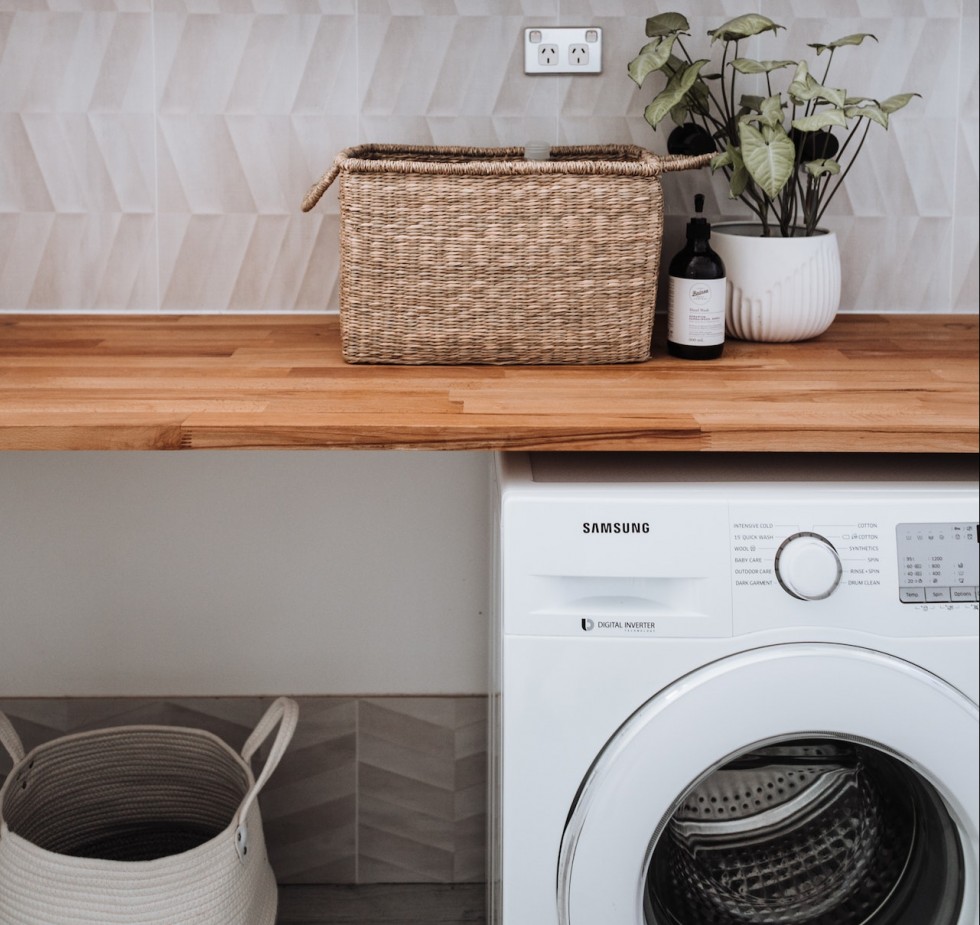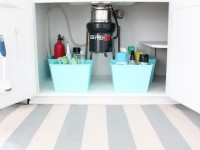A washing machine is one of the most important household appliances. It’s now hard to imagine a home without this marvel of engineering thought. The more expensive your washer is, the better it does its job and the longer it serves. Regardless of the brand or quality, though, a washing machine is only a piece of metal with some clever electronics inside. It may occasionally get out of order for all kinds of causes, starting from a coin you forgot to pull out of your jeans pocket and ending with a clogged hose. Below, we’ve tried to answer some typical questions you might ask when something bad occurs to your washer.
1. Why can’t I turn on my washing machine?
We’ll start with the “apocalypse” issue: your washer won’t run at all. Before you dial a repair person’s number, try to get to the root of the problem in these simple ways:
- Make sure the washer is actually receiving the electric power. Perhaps, the last time you used it, you unplugged the appliance and forgot to plug it in back again. No worries, we all do it sometimes.
- Have a look at the circuit breaker located on the household panel (hopefully, you have all your breakers labeled). Has it tripped? Put it back in the “on” position.
- Think about the motor. Modern electronic appliances have several layers of protection. One of the measures is to stop the washing machine motor if its temperature exceeds a certain value. It’s hard to understand if this is the real cause of trouble without an expert’s help.
- Inspect the electrical cord. The cord that supplies power to the washer may have a break. Check it.
- Check the lid switch. Whenever the lid on the machine is not closed, it will not run. There is a switch under the lid that gets activated when you shut the door. If this plastic part is faulty, replace it. If it has shifted a bit, put it back into its original position.
2. Why is there a pool on the floor near the washer?
There is a whole range of issues that may cause a washing machine to start leaking. Go over them one by one to pinpoint the trouble spot:
- Check the door seal. This part of a washer with a front loading tends to accumulate the residue that forms with each washing session. If not cleaned regularly, water may start sipping from the cracks around the seal.
- Inspect the drain hose. This is the most likely leakage culprit. Make sure the hose fittings are as firmly fixed as they should, and the hose itself doesn’t have a break along its length. Also, look for any foreign objects such as a handkerchief that may obstruct the flow of water in the hose.
- Exclude the water-inlet valve. This part of the washer may be leaking because of rust. If you can’t clean it, replace it.
- Check the tub. Another explanation for the pool on the floor near your washing machine can be the leaking tub. This is a serious problem that is most likely solved by purchasing a new appliance. You can use a sealant to fill a hole in the tub. However, this is only a temporary measure. If you find yourself at a loss in solving the problem, it’s crucial to seek assistance from professionals. Attempting to fix it on your own could potentially worsen the situation, leading to additional damage and unnecessary expenses.
3. Why is my washer jumping and shaking?
Sometimes, a washing machine may start shaking violently, scaring you and your neighbors in the apartment below. While this is not a disaster in general, turning a blind eye to this issue may lead to serious damage to the internals of the washer. Look for these causes:
- The floor surface in the room is not even. You can hire someone to level the floor for you, of course, but there is a simpler solution. Take a wooden board or a piece of plywood a bit wider than the washer and put it on this board.
- The washing machine feet are of different height. Adjust the four feet attached to the bottom of the appliance and tighten the lock nuts to prevent the feet from moving.
- There are too many clothes inside the machine. Make sure you follow the manufacturer’s recommendations concerning the maximum load for the washer. Also, the load may not be spread evenly. Open the door and leave some room in the tub for the clothes to spin freely.
4. Why can’t my washer stop after the cycle is over?
When your machine keeps spinning after the cycle has completed, the most likely cause is the timing element. Take off the control panel and have a good look at the timer. Are its contacts black or display signs of corrosion? If yes, install a new timer.
5. Why can’t my washer dispense detergent?
If you’ve noticed that the detergent isn’t dispensed properly or isn’t dispensed at all, ask yourself these questions:
- Is the dispenser clean? If you neglect it, it may get clogged over time. To solve the problem, specialists recommend pouring a small amount of vinegar (make sure it is warm) into the dispenser and run the appliance without a load.
- Are you using the right type of detergent? Read the manual for your machine to learn what type of detergent the manufacturer recommends. Using a wrong type may lead to the obstruction of the dispenser.

A washing machine is an intricate mechanism that often gives its owner a headache. Above, we have only scratched the surface. To get deeper into the matter, read this article. Warning! Before trying to fix your washing machine, unplug it to avoid electrocution.





